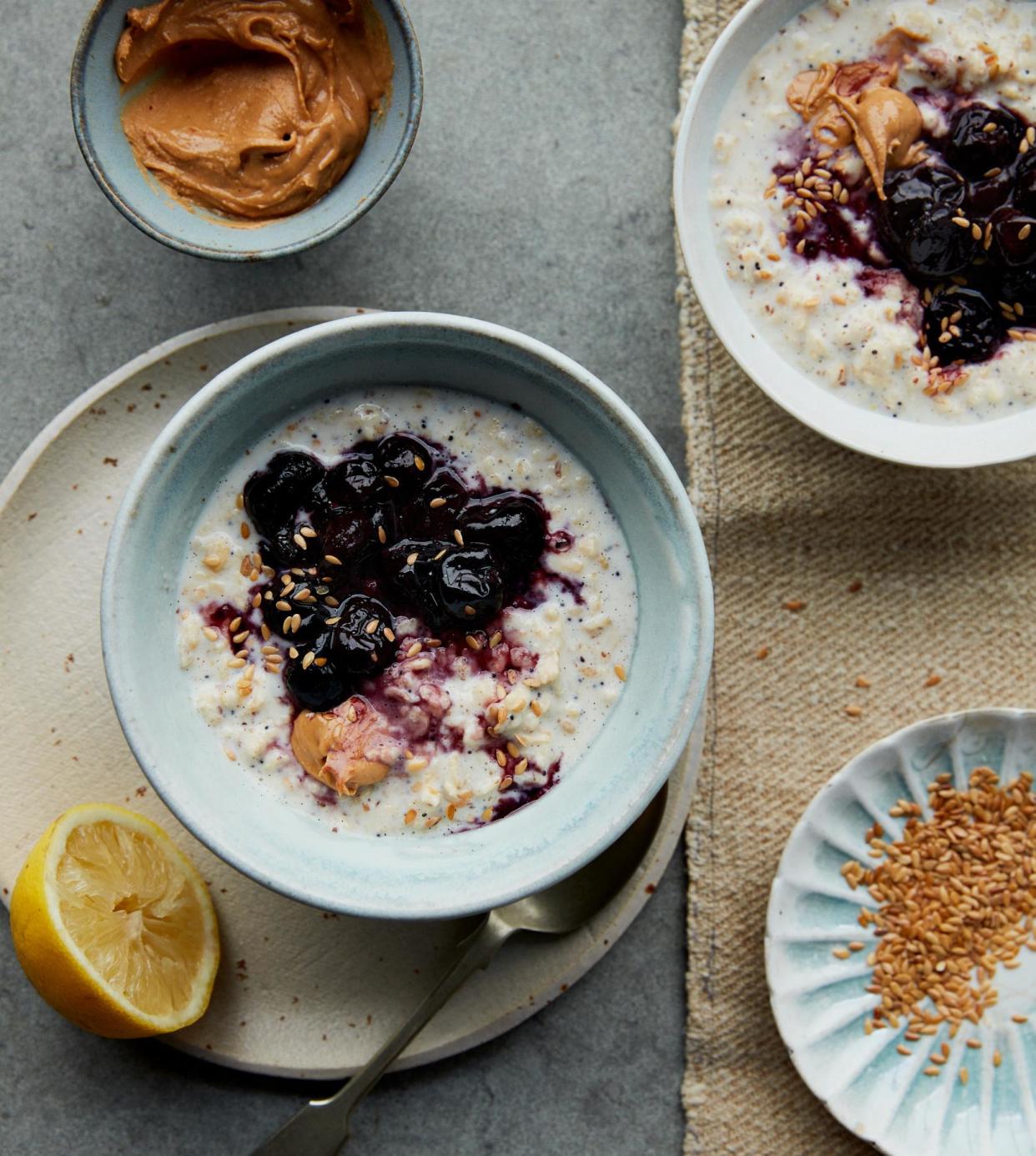What foods will best prepare me for a day of fasting?

The best meals to set you up for a period of fasting
Muslims around the world have now begun Ramadan, fasting from sunrise to sunset every day for a month, and we are also well into the Christian period of Lent. Of course, people fast for other reasons, too: intermittent fasting and time-restricted eating have rocketed in popularity in recent years, being normalised by the 5:2 diet recommended by Dr Michael Mosley, social media influencers and, er, Rishi Sunak, who recently admitted he stops eating on Sunday at 5pm for a day and a half. That’s not to say the latter approach is for everyone: “Intermittent fasting can be seen as a fad diet, and I’m not pro fad diets,” dietitian Priya Tew says. “I am pro people finding a long-term, sustainable way of eating for their health and their bodies, though.” Whatever your reasons, or if you’re simply trying to make it from breakfast to lunch to dinner without consuming half a pack of Hobnobs, which foods are going to sustain you best?
As with most things in life, it’s all about balance: “Make sure you’ve got your protein, your carbohydrates, focus on higher fibre wholegrains, alongside some healthy fats,” Tew advises. At breakfast, that might mean the classic avocado and eggs on toast – “It’s nutritious, hits all our food groups and tends to be quite filling” – or scrambled eggs and veg all wrapped up in a wholemeal tortilla.
Anisa Karolia, author of The Ramadan Family Cookbook, also looks to eggs, usually an omelette with wholemeal toast or shakshuka for suhoor (breakfast before sunrise), while Zaynah Din, author of Desified, adds hers to “a quick nasi goreng-style rice”. Eggs aside, get some beans on wholemeal toast down you, Tew says. “Beans don’t give us that high in our blood sugar [which can lead to wanting more], but instead stabilise them.”
If porridge is more your speed, be sure to include a handful of nuts and seeds, a spoonful of peanut butter or chia seeds for added protein and a bit of fat. Karolia, meanwhile, would be minded to whizz bananas, dates and oats into a smoothie: “That’s a great way to start your day and keeps you fuller for longer.” And if you are fasting for Ramadan, Din suggests avoiding caffeine (“it dehydrates the body, and affects sleep”), as well as salty or spicy foods (“they make us crave water”).
Iftar, the main meal of the fasting day at sunset, traditionally opens with dates plus a glass of Rooh Afza, a cold drink of rose syrup mixed with milk and basil seeds, Din says. A handful of starters, such as samosas, puff pastries and kebabs, follow; then a main – often chicken with rice and salad. “As the month goes on and fasts get longer, dinner gets simpler, but we continue to eat a balanced meal of carbs, protein and lots of fresh salad.”
More generally, though, Tew advises fasters go with the grain for mains: “Something like a buddha bowl, in which you get the mix of wholegrains such as bulgur, quinoa or couscous, a range of roast vegetables, and some nuts and seeds sprinkled on top.” And don’t forget an olive oil-based dressing (“to bring healthy fat”) and some protein (chicken, tinned tuna or tofu, say). Pulses and lentils will see you right, too: “Dals, falafel or adding lentils to soups and curries would be another way of getting that longer-lasting energy.”
And remember, Tew adds, everyone is different. “Lean into ‘How am I feeling?’, rating your hunger and satisfaction,” she says. “Nutrition does have a personalised aspect, so experiment a little.”
Got a culinary dilemma? Email feast@theguardian.com


